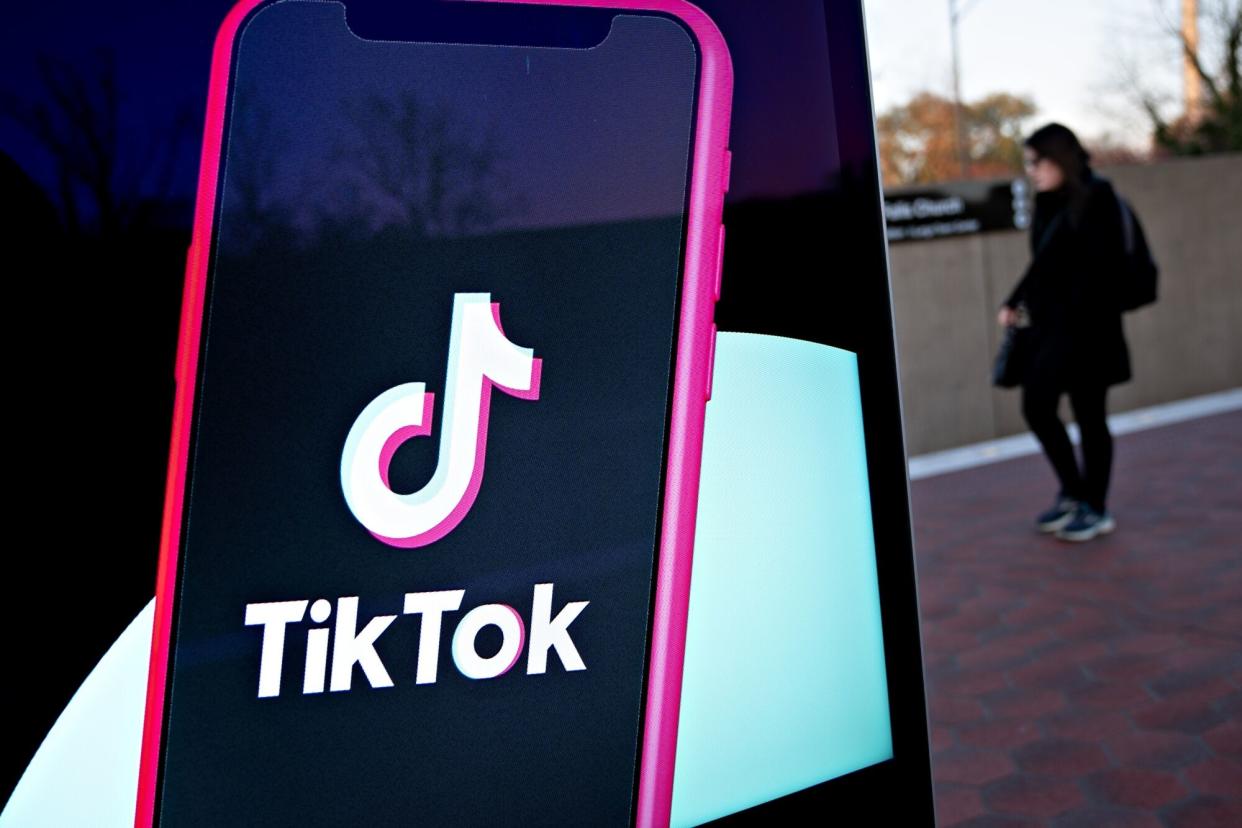Montana's TikTok Ban Seen by Judge as Out of Step With Nation

(Bloomberg) -- Montana faced skepticism over its statewide ban of TikTok Inc. from a federal judge who said the state might have overreached in enacting a law that appears to be out of step with the rest of the US.
Most Read from Bloomberg
Israel Latest: Israeli Army Strikes Hezbollah Posts in Lebanon
Top House Republican Wants Help From Democrats to Pick a Speaker
NYC Boosts Security Ahead of ‘All Out for Palestine’ Protest
Wider War in Middle East Could Tip the World Economy Into Recession
Canada’s Supreme Court Voids Most of Trudeau Environment Law
TikTok is challenging the ban, arguing it has trampled free-speech rights based on a misguided view that Chinese ownership of the platform poses a national security threat. A judge hearing the request Thursday said he’s concerned the state has offered no factual basis for the ban, and about its “paternalistic” approach to protecting consumer data.
“What factual basis — not opinion, but what factual basis — is required before the state can enact legislation” that regulates TikTok?, US District Judge Donald Molloy asked a lawyer for Montana. The judge added that he’s confused by the state’s interest in protecting consumer data.
While Montana is the first state to prohibit the general public from using the app, targeted bans focusing on government devices and networks cascaded across the country late last year. The European Union, UK, Canada and a handful of other countries have more recently imposed similar restrictions.
How TikTok Became a US-China National Security Issue: QuickTake
The bans pit concerns about privacy and national security against personal freedoms and the use of the wildly popular app. Two-thirds of American teens use TikTok every day, according to a 2022 Pew Research Center survey, with 16% saying they’re on the platform almost constantly.
Montana’s Republican governor Greg Gianforte in May signed a measure that will prohibit TikTok’s download by the general public beginning next year. The company’s legal challenge to the ban followed a suit filed by a group of TikTok content creators who said the law violates the Constitution’s First Amendment and will disrupt their livelihoods.
The judge, an appointee of former President Bill Clinton, didn’t make a ruling but said he will issue one soon.
“Everybody on TikTok voluntarily gives their personal data,” Molloy said. “So if they want to give that information to whatever the platform is, how is it that you can protect them?”
The judge continued: “That’s sort of a paternalistic argument: that these people don’t know what they’re doing, they’re exposing themselves to the Chinese military, so we need to say, ‘Ban TikTok’ to keep citizens from exercising certain individual liberties or rights that they may have.”
Read More: TikTok Ban in Montana Draws Suit From Ranch Mom, Marine, Student
Christian Corrigan, a lawyer arguing for Montana Attorney General Austin Knudsen, said the state had provided ample evidence of the need to ban TikTok, which is owned by China-based ByteDance Ltd.
“The state is allowed, and the Montana legislature responded to, widely publicly available evidence,” Corrigan said. “The state doesn’t need to form a blue-ribbon commission to show that fire is dangerous or water is wet. The widespread reporting and concerns that were raised were enough to rely on” to enact the law, he said.
Emilee Cantrell, a spokeswoman for Knudsen, said in an emailed statement that the First Amendment doesn’t allow companies to grant foreign adversaries access to Montanans’ data.
She said it was “illogical” for TikTok to argue that Montana lacks evidence of its link to China, and to assert that the state’s ban is pre-empted because the company is negotiating with the federal government over China-related national security concerns.
At Thursday’s hearing, Corrigan told the judge that Montana’s ban is “narrowly tailored” and required because TikTok’s poses a “unique threat” in its ability to dodge consumer investigations aimed at holding it responsible for sharing user data with China.
He added that the company has so far resisted demands by 45 state attorneys general to turn over subpoenaed information in consumer protection investigations. Asked by the judge if any of those states have banned TikTok, Corrigan confirmed that Montana so far stands alone.
“Does that seem a little strange to you?” the judge asked. He drew an analogy to a mother seeing her son marching out of sync in a parade and observing, “Look at that, the whole band is out of step except my son.”
“Montana has certainly been at the forefront of this, and Montana took the lead here,” Corrigan said, adding that there’s similar legislation pending in Congress. “Montana was first, and is the first test case on this.”
The case is TikTok Inc. v. Knudsen, 23-cv-00061, US District Court, District of Montana (Missoula).
(Updates with attorney general’s spokeswoman in 12th paragraph)
Most Read from Bloomberg Businessweek
The War in Israel Shows How Social Media’s Idealistic Era Has Ended
Business Schools Aim to Build Entrepreneurs With Expanded Programs
©2023 Bloomberg L.P.


